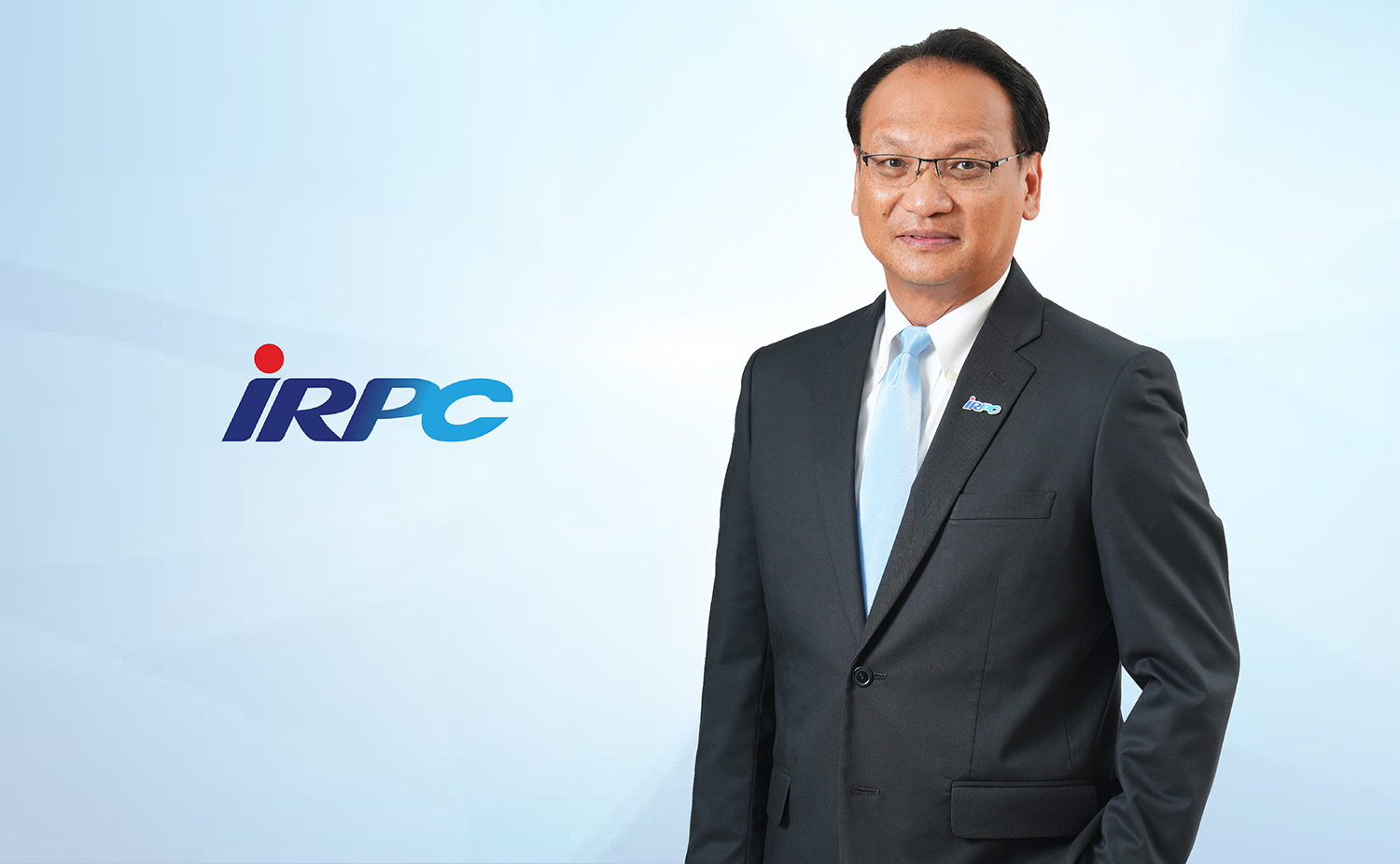
Amid global uncertainties, the company remains focused on optimising efficiency, expanding capacity, and integrating digital technology to drive sustainable growth. By leveraging its expertise in petroleum, petrochemicals, ports, and real estate, IRPC is positioning itself to meet evolving market demands while reinforcing its commitment to environmental and social responsibility.
Strategic Growth and Innovation
Terdkiat Prommool, President and CEO of IRPC Public Co., Ltd., emphasised the company’s efforts to navigate challenges while seizing opportunities in energy material innovation. IRPC remains dedicated to achieving its net-zero goal by balancing business growth with environmental and social responsibility. The Ultra Clean Fuel (UCF) project, which commenced commercial operations in April 2024, played a significant role in strengthening revenue. This initiative focuses on producing Euro 5-standard diesel and Jet A-1 aviation fuel, adhering to international JIG (Joint Inspection Group) standards to support the global aviation industry.
To address stagnation in the petrochemical cycle, IRPC expanded its specialty petrochemical product development by 36%, targeting high-growth markets such as packaging, medical, electric vehicles, and electronics while expanding its presence both domestically and internationally. In addition, the company increased its floating solar capacity by 8.5 megawatts and advanced plans for a solar power plant on its land, reinforcing its commitment to clean energy development.
Financial Performance and Market Conditions
IRPC faced headwinds in 2024, including geopolitical conflicts, inflation, and energy price volatility, which contributed to intense competition, supply chain challenges, and fluctuating consumer demand. As a result, the company’s net sales revenue declined by 6% year-on-year to THB 281.7 billion, attributed to a 4% decrease in sales volume and a 2% drop in average selling prices, reflecting lower crude oil prices. The Dubai crude oil benchmark weakened due to economic slowdowns in China, the U.S., and Europe, leading to an oil stock loss of THB 2.5 billion.
Despite partial offsets from a reversal of net realisable value (NRV) adjustments and profits from oil hedging, IRPC recorded a net inventory loss of THB 664 million. The company’s Accounting Gross Integrated Margin (GIM) stood at THB 17.7 billion (USD 6.99 per barrel), down 3% from the previous year. EBITDA decreased by 22% to THB 4.47 billion, impacted by a 5% rise in depreciation costs following the UCF project launch and a 20% increase in financing costs due to higher borrowings and interest rates. Investment profits, however, improved to THB 989 million, largely driven by land sales revenue from WHA Industrial Estate Rayong (WHA IER), which began contributing in Q2/2024. Despite these efforts, IRPC posted a net loss of THB 5.19 billion for the year, a 78% increase from 2023.
Quarterly Performance and Market Outlook
In Q4/2024, IRPC recorded net sales revenue of THB 63.04 billion, down 10% from Q3. EBITDA improved to THB 3.2 billion, recovering from an EBITDA loss of THB 4.84 billion in the previous quarter. The company reduced its net loss to THB 1.12 billion, marking a 77% improvement from Q3. However, derivative losses due to baht depreciation, unrealised oil risk management losses, and asset impairments from investments in subsidiaries and associates continued to weigh on overall performance.
Looking ahead, IRPC anticipates continued pressure in the petrochemical sector due to oversupply from new production capacity in China, while demand growth is expected to remain modest at 1-3%, aligned with the global economic recovery. Demand is expected to strengthen in food packaging and technology-related markets, while durable goods sectors such as housing and automotive may experience slower growth due to weakened consumer purchasing power. Additional factors to monitor include U.S. trade barriers that could impact the Chinese economy, geopolitical tensions affecting energy prices and raw material costs, and the enforcement of stricter EU regulations on high-carbon-emission petrochemical imports.
Commitment to Sustainability and Corporate Governance
IRPC continues to gain global recognition for its commitment to sustainability and corporate governance. The company has been a member of the Dow Jones Sustainability Index (DJSI) for 11 consecutive years in the Oil & Gas Refining and Marketing category. It is also the first and only private Thai company to receive the “GOLD” award for human rights excellence from the Ministry of Justice and has achieved Excellent CG Scoring certification for 16 consecutive years from the Thai Institute of Directors Association (Thai IOD).
Dividend Payout and Shareholder Approval
IRPC’s Board of Directors has approved a dividend payout of THB 0.01 per share, totalling THB 204 million, subject to shareholder approval at the April 2, 2025 annual meeting.
Despite ongoing market headwinds, IRPC remains committed to innovation, sustainability, and operational resilience, ensuring long-term value for investors, stakeholders, and the broader economy.
